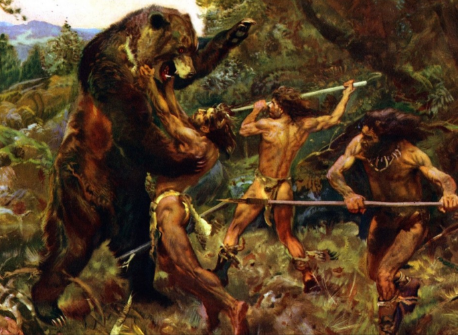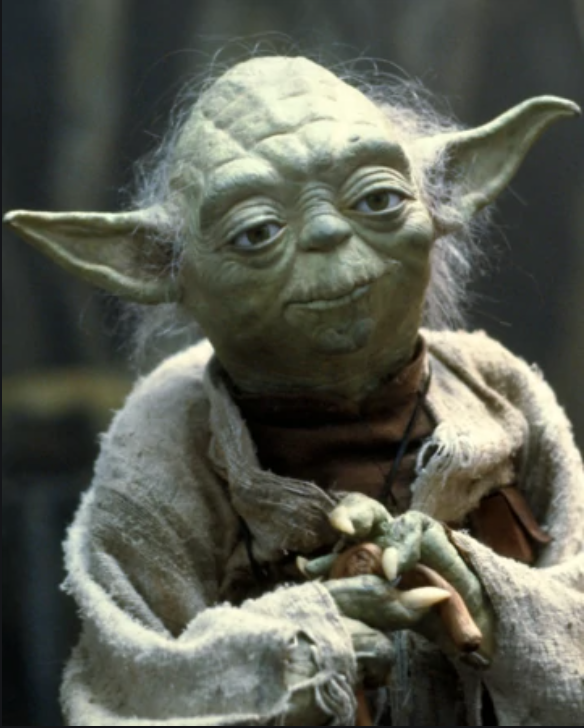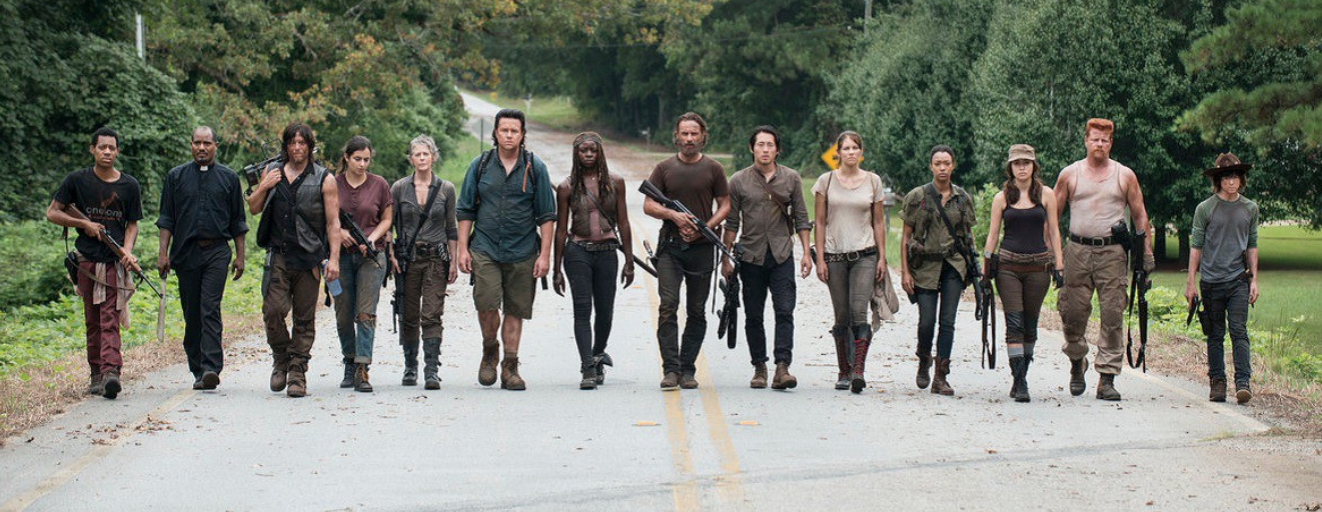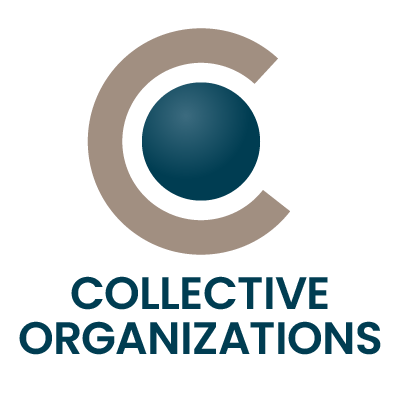5 ways workers have changed in the digital age:





Before the internet, the majority of popular stories and movies followed the “Hero’s Journey.” The Hero’s Journey informed narratives for thousands of years and these narratives inevitably formed our culture. Our primitive ancestors learned important rules from leaders' stories that helped them survive the hunt, find food, and avoid harm. For most of human history, obeying experienced leaders was necessary for survival. Over the past two decades something significant changed. People can access information and each other in new ways. Employees across the globe can work together to share ideas, create change, and solve problems. People can access research from university libraries, learn new skills from You-Tube tutorials, collaborate with with peers, or earn academic degrees - all from their kitchen table.


Today's workers do not need omnipotent, authoritarian leaders. Instead, they can be empowered to be more engaged, flexible, and collaborative, viewing leaders as teammates and allies.
There is a trend becoming increasingly apparent in current movies and television. Companies like HBO and Netflix are discovering that the Hero’s Journey, which entertained and informed generations, is no longer appealing to modern audiences. People no longer have to sit back and wait for someone to come to their rescue. Instead, they are want to see themselves as part of the story. As one Netflix executive said, “It stands to reason that some of our biggest and most talked about hits are Collective Journey type stories…. to see whether our characters can surmount their differences, however extreme, and repair their worlds.“
Empowered people are becoming empowered employees. Our organizations, and our leaders, will inevitably need to adjust.


